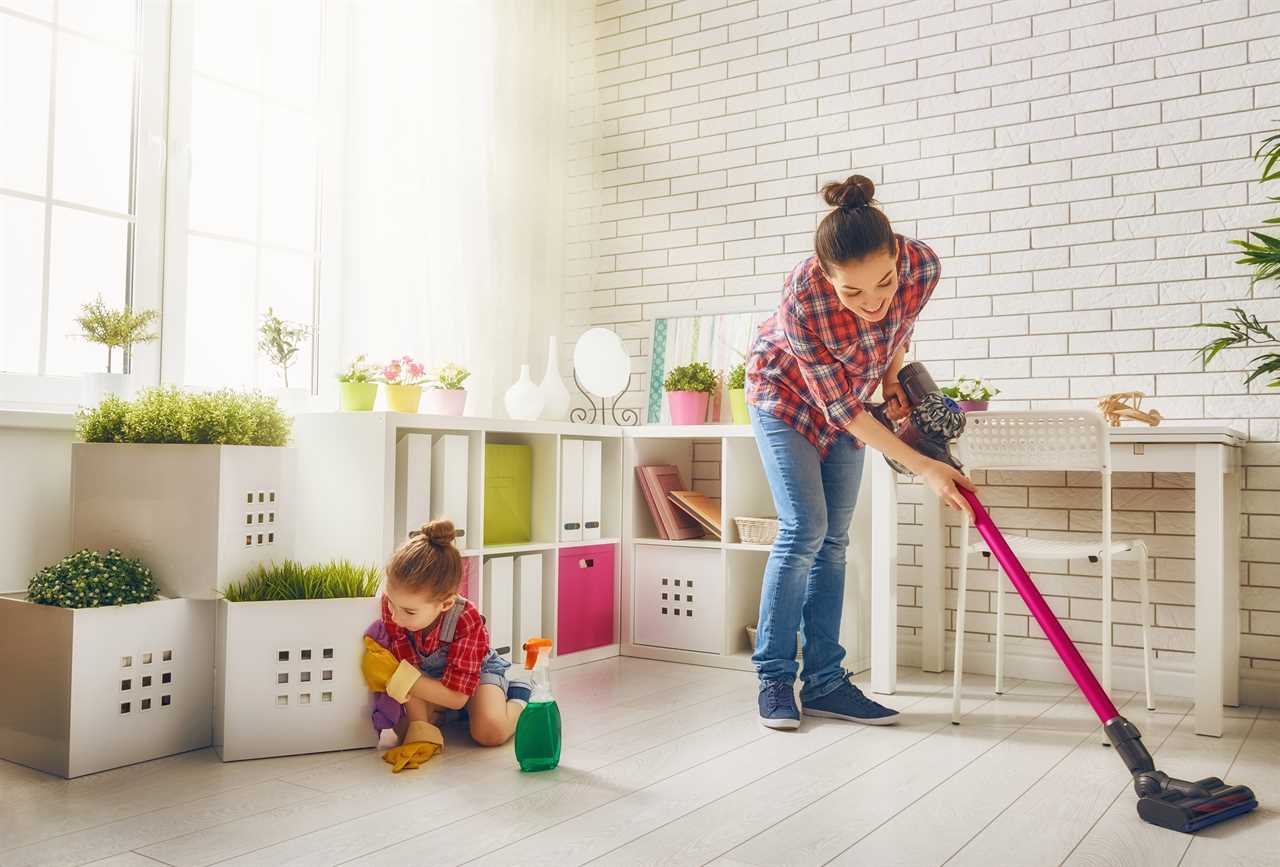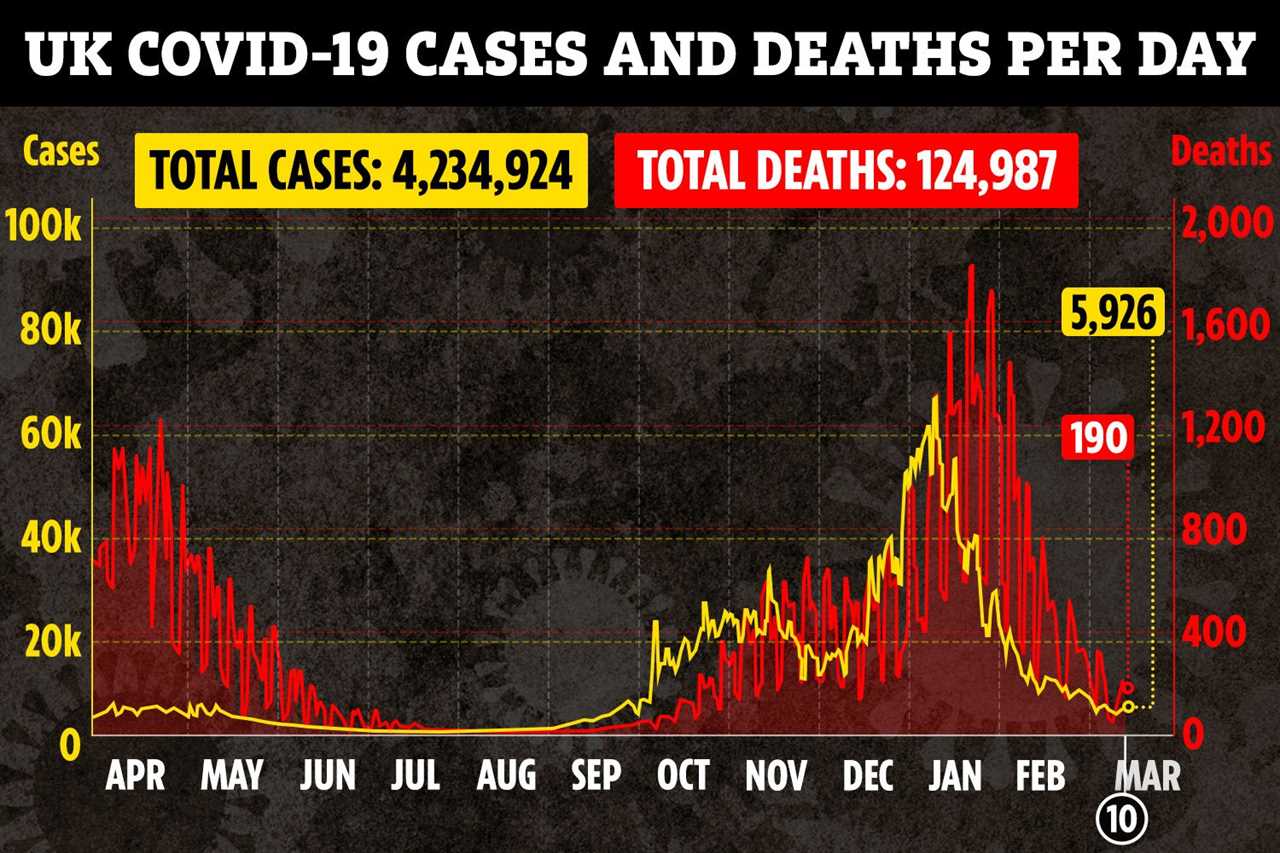WOMEN have taken on the bulk of housework and homeschooling during the pandemic.
Despite both men and women being home a lot more last year, men seemed to still get away with doing less around the house.

Read our coronavirus live blog for the latest news & updates…

Men pitched in an average of two-and-a-half hours a day in April 2020, but this fell to under two hours by September.
This is in contrast to the fairly consistent three-and-a-half hours of housework and schooling a day done by women, according to the Office for National Statistics.
By September women spent 99 per cent more time on unpaid childcare than men.
Women also reported homeschooling was badly affecting their well-being.
Around 34 per cent said they suffered while trying to teach their kids maths and spelling in the first lockdown.
Men found it less tough, with 20 per cent reporting it negatively impacting on them.
But by February of this year, the burden of Covid on both sexes was clear – with 53 per cent of women and 45 per cent of men saying it was taking a toll.
Chris Payne from the ONS said: “There are some striking differences in the impacts on men and women.
“The coronavirus death toll is higher amongst men.
“Elsewhere, we see women continuing to take a greater share of unpaid work at home and experiencing significantly poorer personal well-being than men.”
Another study found women spent about 22 hours a week teaching and looking after the home in May, with men clocking in around 12 hours of help.
The authors from University College London said: “There are continued gender inequalities in divisions of unpaid care work.
“Juggling home working with homeschooling and childcare as well as extra housework is likely to lead to poor mental health for people with families, particularly for lone mothers.
“As home-schooling and childcare spillover into working hours, if reducing working hours is not feasible, adapting work patterns, such as working late into the evenings, early mornings or weekends, became an option for many parents.
“This may lead to long days, reduced sleep and time for rest or relaxation, lack of physical exercise, feelings of loneliness and being overwhelmed by trying to meet work deadlines alongside family responsibilities, ultimately leading to psychological distress.”
Women were more likely to reduce working hours, and reported higher levels of psychological distress, according to the study published in PLOS ONE.
The ONS figures also reveal more women were furloughed than men between July and December last year.







